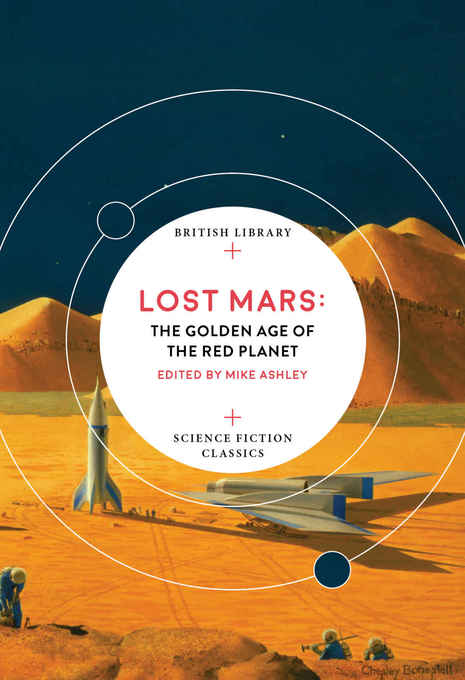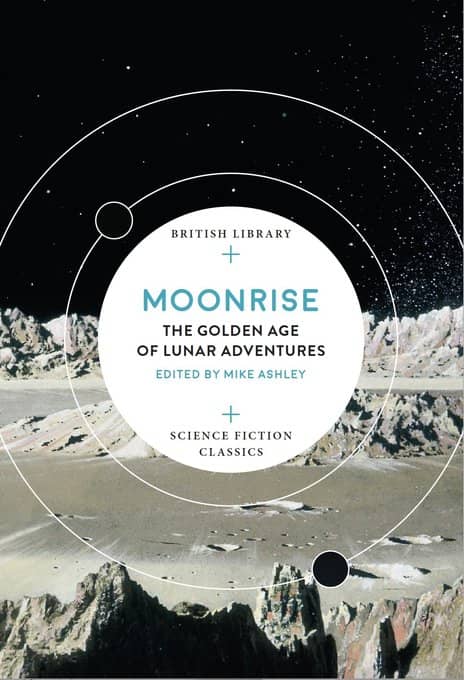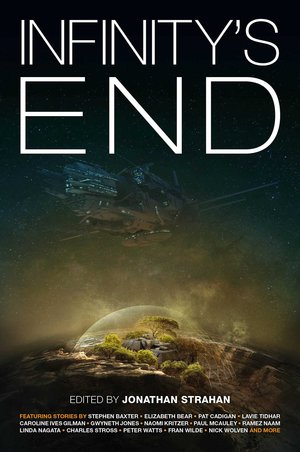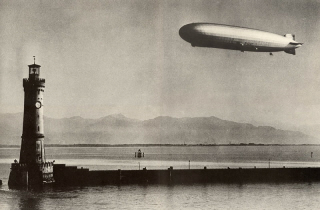From the Moon to Mars: The British Library Science Fiction Classics by Mike Ashley
 |
 |
The Moon and Mars have fascinated science fiction writers for generations, although I thought the era of classic Mars and Moon anthologies was over. But it turns out that’s not the case. At least not while editor Mike Ashley is on the job, anyway.
Lost Mars: The Golden Age of the Red Planet, which collects pulp-era tales (and pre pulp-era tales) from Wonder Stories, Amazing Stories, Astounding, and Worlds of If, was published in April 2018. Its sister anthology Moonrise: The Golden Era of Lunar Adventures, with stories from F&SF, Amazing, Tales of Wonder, Astounding, New Worlds, and Fantastic, arrives in September. Both are part of the British Library Science Fiction Classics, which I’ve never heard of, but for which I immediately have a deep and passionate love. Near as I can figure out, it’s a relatively new imprint devoted to early 20th Century SF. Or maybe just stories of Mars and the Moon, I dunno. But either way, love love love.
These are very welcome books. They include tales of adventure and exploration from the pre-spaceflight era (the most recent stories are from 1963, only two years after the start of the Apollo space program), which means they’re not particularly concerned with getting the science right. Scientific verisimilitude was the province of late 20th Century SF; these stories concern themselves chiefly with imagination and adventure.
And when it comes to the Moon and Mars, human imagination has been pretty darn fertile. These books contain some of the greatest SF ever written, including Arthur C. Clarke’s brilliant tale “The Sentinel,” which inspired 2001: A Space Odyssey, and Stanley G. Weinbaum’s groundbreaking “A Martian Odyssey,” which Isaac Asimov said, “had the effect on the field of an exploding grenade. With this single story, Weinbaum was instantly recognized as the world’s best living science fiction writer.” There’s also a Martian Chronicles tale by Ray Bradbury, an excerpt from H.G. Wells’ classic First Men in the Moon, and stories by Walter M. Miller Jr, J. G. Ballard, Gordon R. Dickson, Edmond Hamilton, John Wyndham, E. C. Tubb, and many others.

